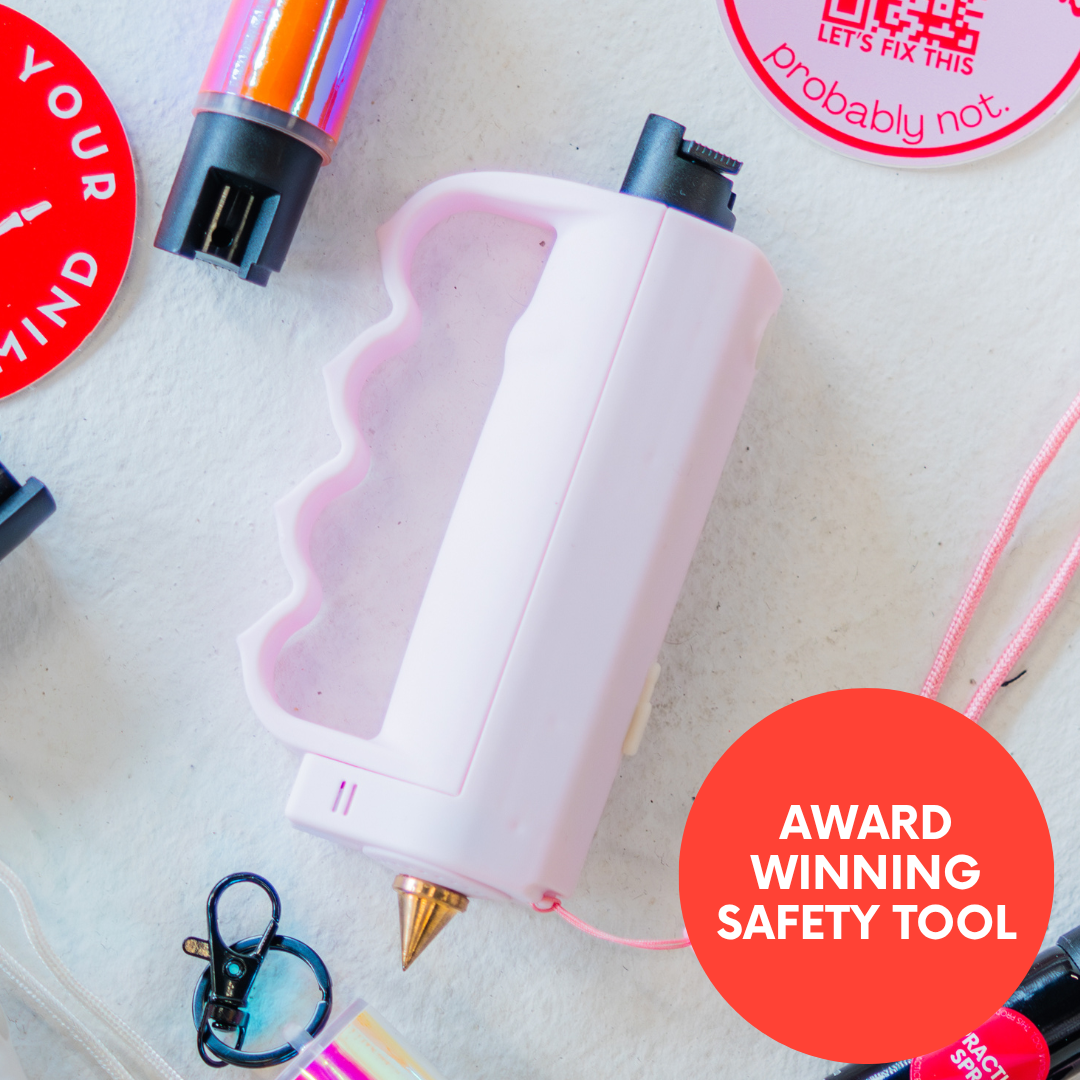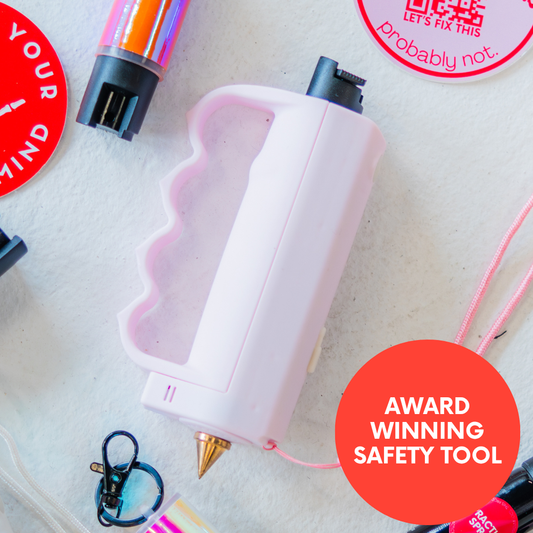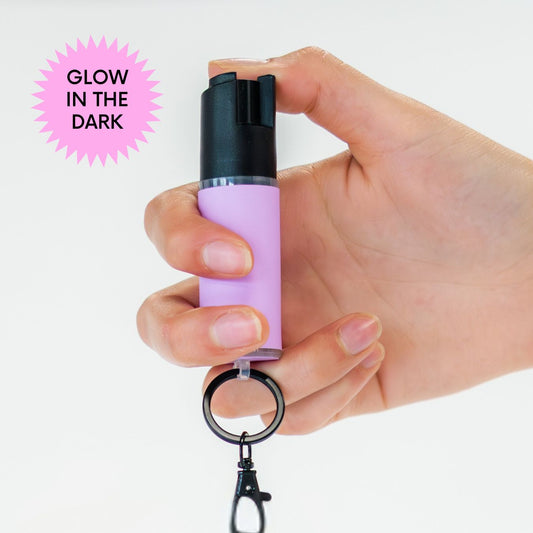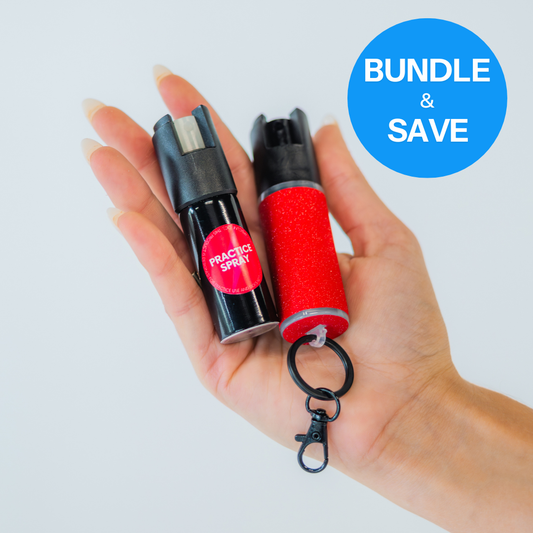Heading off to college is super exciting, but there’s more to pack than just clothes and textbooks.
Being prepared for campus life includes knowing how to stay safe.
Let’s break down a simple safety checklist to make sure you’re ready for anything college life throws at you.
How to Prepare Before You Go to College
Research Your Campus
Spend some time learning about your new home. Check out the campus map and note the locations of important places like the campus security office, health center, and emergency call boxes.
Know Your Contacts
Save important numbers in your phone, including campus security, local police, and any campus hotlines. Having these at your fingertips can be a lifesaver.
Get Familiar with Safety Policies
Read up on your college’s safety policies. Understanding the rules about guests, substance use, and reporting procedures can help you avoid trouble and know what to do if something happens.
Talk About Safety
Have a chat with your family or friends about your safety plan. Let them know your schedule and how to reach you, and set up regular check-ins.
Information You Should Find Out from Your Campus (and How to Find It)
- Campus Safety Programs: Look for information about safety programs, like self-defense classes or safety awareness workshops. This info is usually available on the campus safety or student affairs website.
- Emergency Procedures: Know the procedures for different types of emergencies (fire, natural disasters, active shooters). This information is often in the student handbook or available online.
- Transportation Services: Find out if your campus offers late-night shuttles, safe rides, or escort services. These services are usually listed on the campus transportation page or the campus safety office website.
- Crime Statistics and Reports: Check out the annual campus security report for crime statistics and trends. This report is usually available online under campus safety or security sections.
What to Do Once You’re on Campus
Explore Safely
When you first arrive, take some time to explore the campus during daylight hours. Get to know the safest routes to your classes, dorm, and other key places.
Meet New People
Friends on campus are some of the first people to make sure you’re okay. Building a community means you’ll have people looking out for you and vice versa.
Lock Up
Always lock your dorm room, even if you’re just heading down the hall. It’s a simple step that can prevent a lot of potential problems.
Stay Informed
Sign up for campus alert systems to get updates about any safety issues or emergencies. These alerts can be crucial for staying safe.
Safety Tools to Take to College with You
- Personal Alarm: A small device that makes a loud noise can help deter potential threats and attract attention if you need help.
- Pepper Spray: If it’s allowed on your campus, carrying pepper spray can give you an extra layer of protection.
- First Aid Kit: A basic kit with bandages, antiseptic wipes, and pain relievers can come in handy for minor injuries.
- Portable Charger: Keeping your phone charged is essential, especially in an emergency. A portable charger can be a lifesaver.
- Reflective Gear: If you’re walking or biking at night, wearing reflective gear can help drivers see you and keep you safe.
- Flashlight: A small flashlight can be useful in various situations, from power outages to navigating dark paths.
Want to get 5 tools in 1 handheld device? Check out the Safely Sidekick—packed with a pepper spray, flashlight, alarm, safety spike, and safety grip at your fingertips.
Bonus Tip: Stay Connected
One of the best safety tools is staying connected with friends and family back home. Share your schedule, keep in touch regularly, and let someone know if you’re going somewhere unfamiliar.
Being prepared doesn’t mean you have to be paranoid—it just means you’re ready for anything.
By following this checklist, you’ll be setting yourself up for a safe and successful college experience.
So, pack those bags, grab your safety tools, and get ready to make the most of your time on campus.






